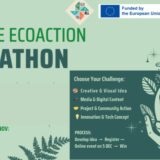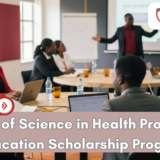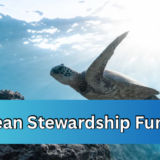Deadline Approaching
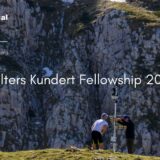 Fellowships
FellowshipsWalters Kundert Fellowship 2025
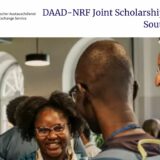 Masters/Post Graduate
Masters/Post GraduateDAAD-NRF Joint Scholarship Programme South Africa 2026
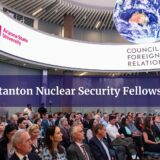 Fellowships
FellowshipsStanton Nuclear Security Fellowship
Latest Additions
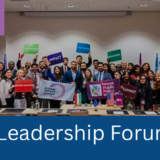 Exchange Programs
Exchange ProgramsWorld Leadership Forum 2026
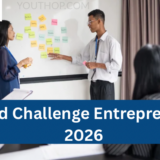 Competitions
CompetitionsDiamond Challenge Entrepreneurship 2026
 Miscellaneous
MiscellaneousRising Stars Mentorship Programme 2025
 Fellowships
FellowshipsThrive Capital Summer Fellowship 2026
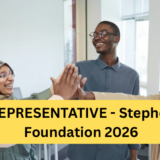 Miscellaneous
MiscellaneousFIELD REPRESENTATIVE – Stephen Lewis Foundation 2026
Trending



